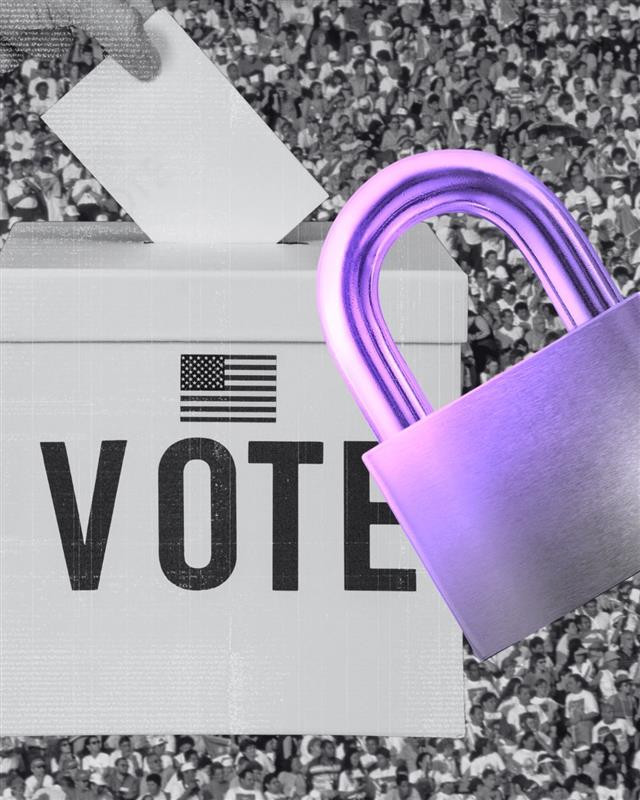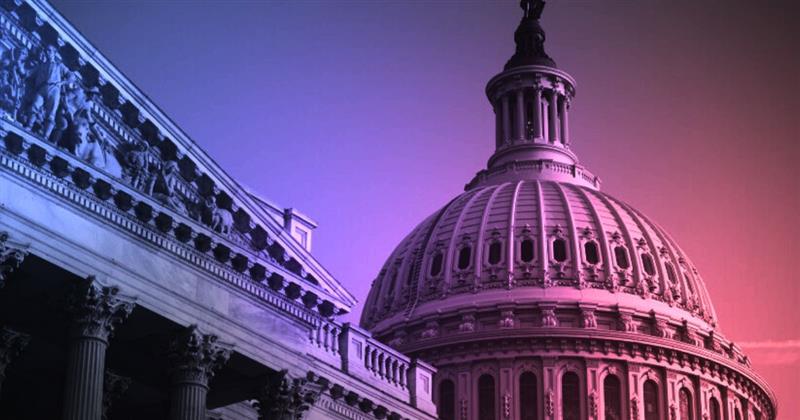If politicians want to win over today’s independent voters, they’ll need to rewrite their playbook.
The Big Picture
In a series of focus groups conducted by The Independent Center in Detroit, Michigan, voters identifying as independent, lean-Republican, or lean-Democratic shared a sobering but hopeful view of the American political landscape. Their perspectives reveal growing public skepticism—not necessarily about America's potential, but about the ability of elected leaders to help realize it.
Background on Focus Group Participants:
Group 1: Independent-Lean-Republican | 5:30PM ET
Demographics:
- 5 Female, 5 Male
- Registered to vote
- Very likely, or somewhat likely, to vote
- Does not plan on voting exclusively R or D
- Does not Strongly Approve nor Strongly Disapprove of the job President Trump is doing
Affiliate as:
- Not so strong Republican,
- Independent leaning Republican,
- Independent, or
- Independent leaning Democrat
Group 2: Independent-Lean-Democratic | 7:30PM ET
Demographics:
- Registered to vote
- Very likely, or somewhat likely, to vote
- Does not plan on voting exclusively R or D
- Does not Strongly Approve nor Strongly Disapprove of the job President Trump is doing
Affiliate as:
- Not so strong Democrat,
- Independent leaning Democrat,
- Independent, or
- Independent leaning Republican
Zooming In
If politicians want to win over today’s independents, they’ll need to rewrite their playbook. When asked to create their own political ads, Detroit focus group participants revealed a strikingly consistent set of themes—ones that speak to a growing political realignment.
1. People Over Party
Overwhelmingly, voters want leaders who answer to their constituents, not their party. Participants emphasized a “balance of power” approach that puts voters—not donors, parties, or lobbyists—at the center of decision-making.
They’re not looking for centrism for its own sake—they’re looking for responsiveness. “Why is an action being taken?” was a question several wanted politicians to answer. Voters want to know their voice matters. For them, it's about representation, not tribalism.
For resources on how to contact your Members of Congress, check out our guide here.
2. Transparency and Accountability
Finger-pointing is out; ownership is in. These voters don’t want leaders who hide behind partisan narratives or blame the other side. Instead, they expect elected officials to admit when something is wrong—and explain what they’ll do to fix it.
This desire for transparency also ties into trust. People have grown weary of the blame game. As one group expressed, “Just admit there’s a problem. Then fix it.”
3. Authenticity: Drop the Fearmongering
Perhaps the most common demand was for politicians to be themselves—genuinely. Hyperbole, fear-based messaging, and overly polished ads are now viewed as suspect. Respondents want “clear, factual examples” of what a candidate stands for, and why.
One group said it plainly: “We need leaders who sound like people—not like they’re auditioning for a role.”
Independent Lens
If there’s one thing these independent voters made clear, it’s that they’re not asking for perfection. They’re asking for honesty. The current moment demands political messages that prioritize listening over lecturing, values over volume, and truth over theatrics.
As 2026 campaign season ramps up, candidates who meet this standard may just discover the key to unlocking America’s largest—and most disillusioned—voting bloc.


.jpeg)


.jpg)